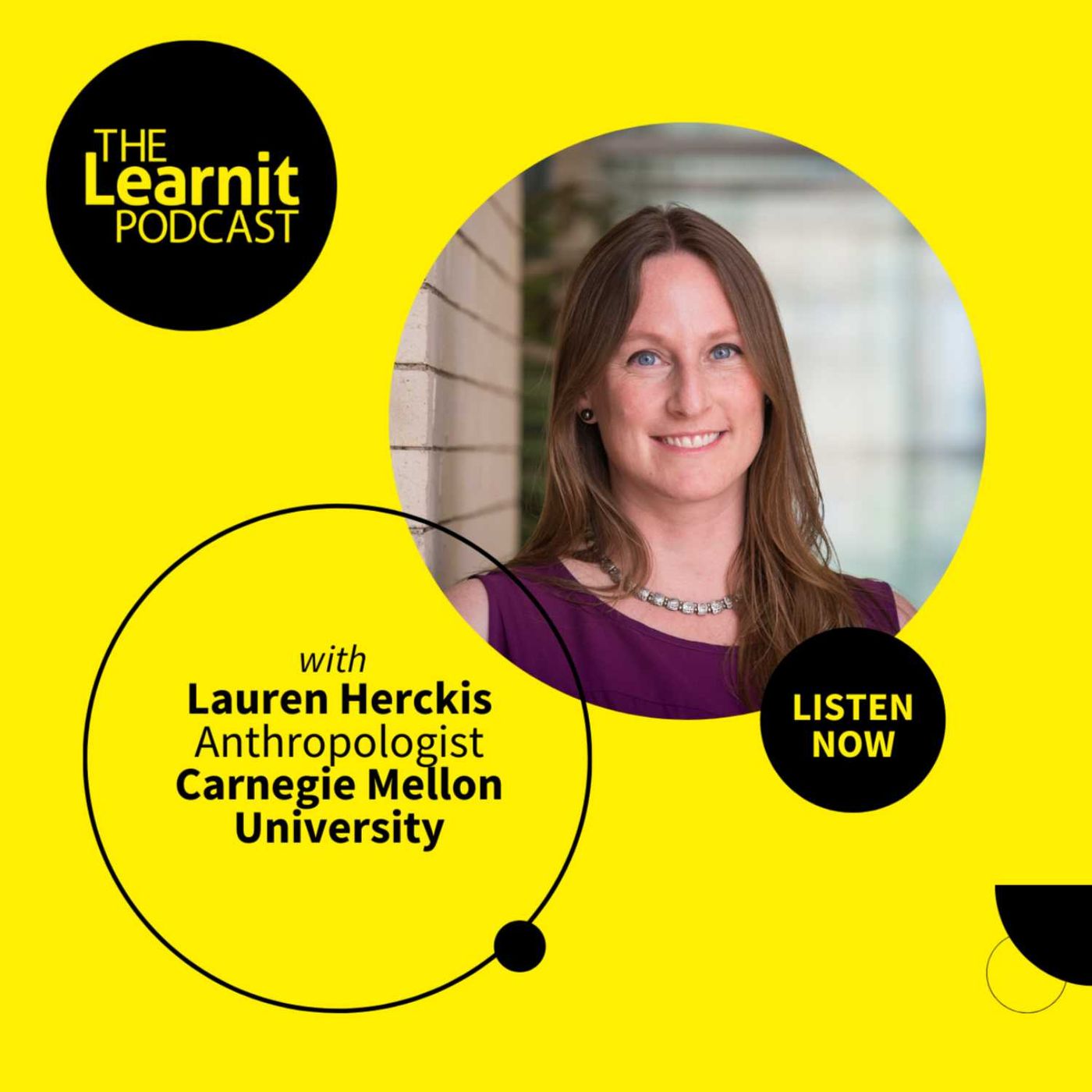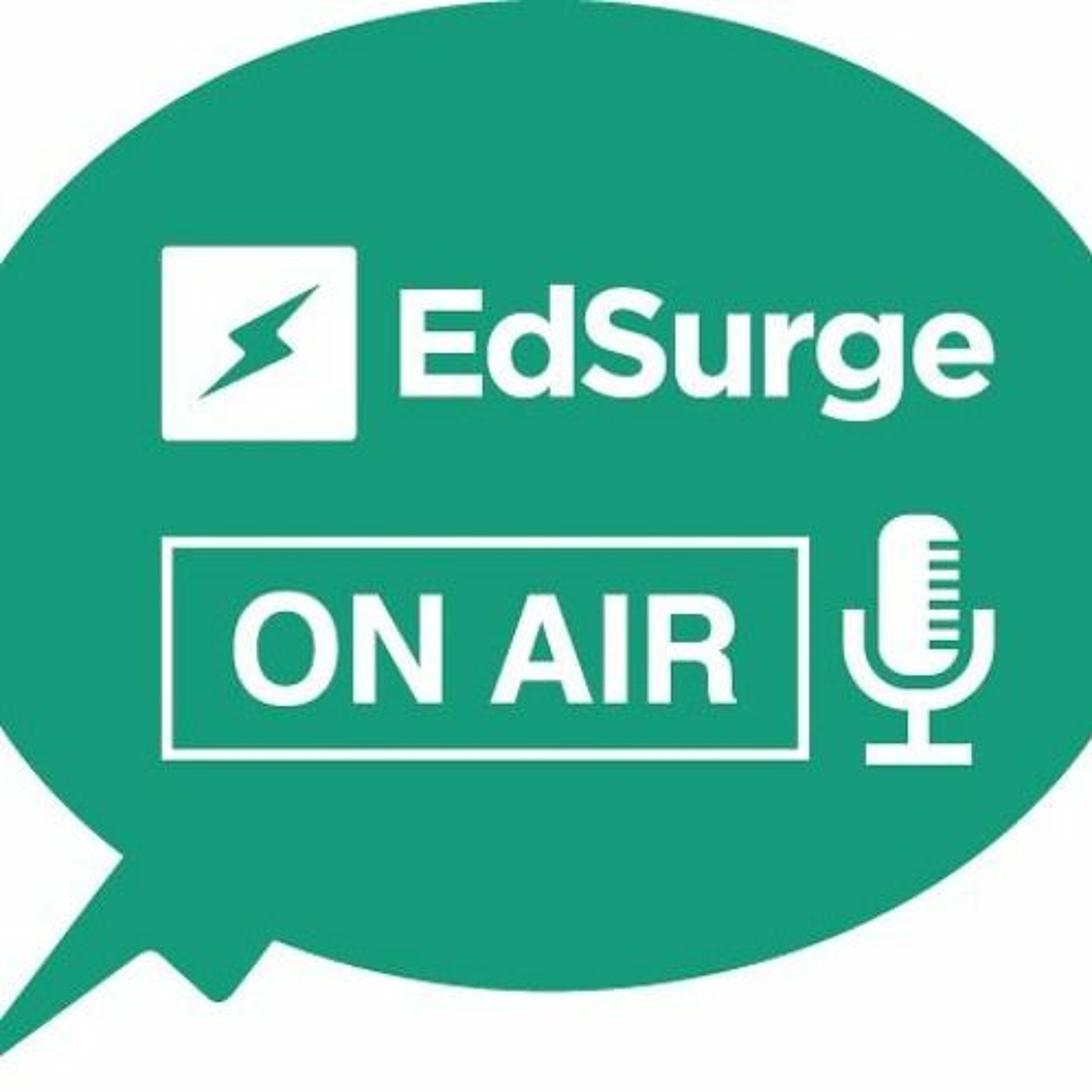Lauren Herckis
Librarian Carnegie Mellon University
- Pittsburgh PA
Lauren Herckis' field research applies anthropological and archaeological methods and theory to analyze human engagement with the world.
Biography
Areas of Expertise
Media Appearances
Why Professors Doubt Education Research
EdSurge online
2018-03-07
Lauren Herckis, an anthropologist at Carnegie Mellon University who has studied the culture of ancient Mayan cities, is turning her focus closer to home these days—exploring why professors try new teaching approaches, or decide not to.
Failure to embrace new teaching techniques not just about fear of embarrassment
Times Higher Education online
2017-07-12
There are many reasons why academics shun new pedagogical styles, say Lauren Herckis, Richard Scheines and Joel Smith
Innovation and the Fear of Trying
Inside Higher Ed online
2017-07-12
Last week in Inside Higher Ed, reporter David Matthews of The Times Higher Education characterized “as a surprising conclusion” the work of Carnegie Mellon University anthropologist Lauren Herckis that a major barrier to instructional innovation and technology utilization in higher education is that faculty “are simply too afraid of looking stupid in front of their students to try something new.”
‘Fear of Looking Stupid’
Inside Higher Ed online
2017-07-05
Lauren Herckis was brought in to Carnegie Mellon University to understand why, despite producing leading research into how students learn best, the institution had largely failed to adopt its own findings.
How to teach reason properly
Times Higher Education online
2017-06-15
To defend the values of reason from political attack we need to be more discriminating about the claims made in its name, says John Hendry
Social
Industry Expertise
Accomplishments
H.J. Heinz Fellowship
2011
Fulbright Garcia-Robles IIE Fellowship
2009
University of Pittsburgh Arts and Sciences PCB Alumni Fellowship
2012
Early Career Researcher Award
2016
POD Network in Higher Education
Education
University of Michigan
B.A.
Anthropology
1999
University of Pittsburgh
Certificate
Latin American Studies
2007
University of Pittsburgh
Ph.D.
Anthropology
2015
Affiliations
- Anthropology of Higher Education TIG : Vice Chair for Sessions
- Computer Applications & Quantitative Methods in Archaeology : Member
- ACM Association for Computing Machinery : Member
- SIGCHI Special Interest Group on Computer-Human Interaction : Member
- SfAA Society for Applied Anthropology : Member
- AAA American Anthropological Association : Member
Links
Event Appearances
Glocal Collaboration on Education for Sustainable Development
UNESCO World Conference on Education for Sustainable Development
2021-05-18
The Challenges and Triumphs of Blended Learning
KEDGE Business School Marseille, France
2022-06-14
The New Digital Divide: Equity and Access in Postsecondary Education
Spring 2023 Micro-Course: Technology, Humanity, and Social Justice University of Pittsburgh Global Studies Center
2023-03-17
Optimizing Technology-Enhanced Teaching and Learning
Washington and Lee University Lexington, VA
2023-08-25
Using Adaptive Learning Technologies Effectively
California Education Learning Labs meeting Mt. San Antonio College
2023-06-09
Articles
Living Black: Social Life in an African American Neighborhood by Mark S. Fleisher (review)
Michigan Historical Review2016
Mark Fleisher’s Living Black: Social Life in an African American Neighborhood introduces the reader to central concepts in anthropology through the lens of one researcher’s personal experience. This eminently readable book has a compelling cadence which carries the reader from one snapshot of life in an American city to another and portrays a community at the mercy of systemic racism in the late 1990s.
Passing the Baton: Digital Literacy and Sustained Implementation of eLearning Technologies
Current Issues in Emerging eLearning2018
Evidence-based eLearning tools have proliferated in recent decades, but adoption at scale remains elusive. Educator buy-in is important for successful implementation of eLearning tools, and is often engaged through peer discussion, learning communities, and other educator network engagement.
Cultivating Practice: Ensuring Continuity, Acknowledging Change
Practicing Anthropology2018
This article presents the results of ethnographic and survey research conducted as part of a project designed to identify barriers and affordances to the adoption of evidence-based instructional practices in higher education. It focuses particularly on the role that faculty identity plays in approaches to teaching. The mixed-methods approach used in this study facilitates an exploration of the relationship between faculty identity and instruction.
Exploring Hybrid Virtual-Physical Homes
DIS '20: Proceedings of the 2020 ACM Designing Interactive Systems Conference2020
There has been a great deal of research regarding the ways that people conceptualize and interact with places they call "home." This work has been extended to virtual reality primarily in the context of design tools. Here, we explore the idea of a hybrid virtual-physical home that uses virtual space to supplement an existing physical home.






